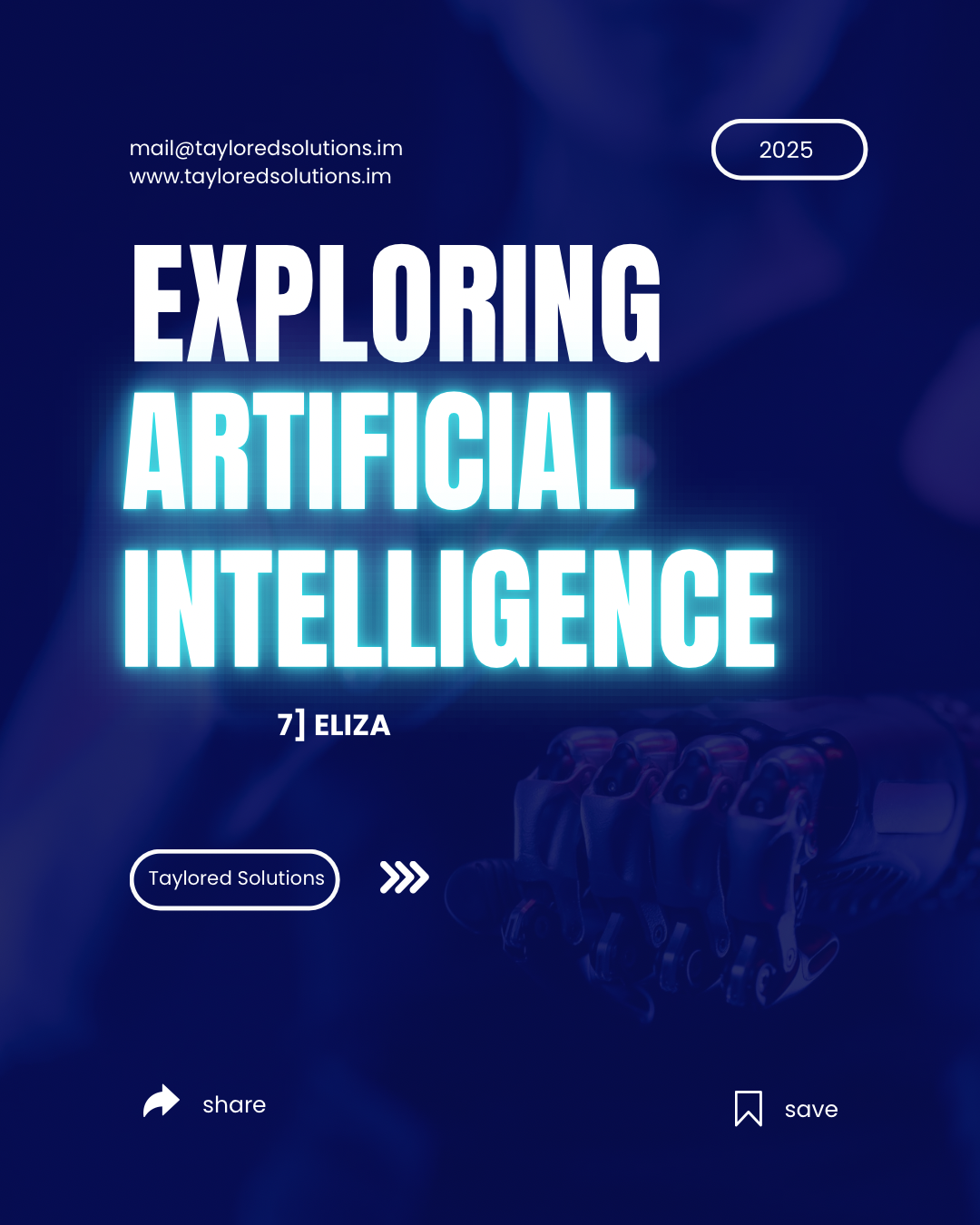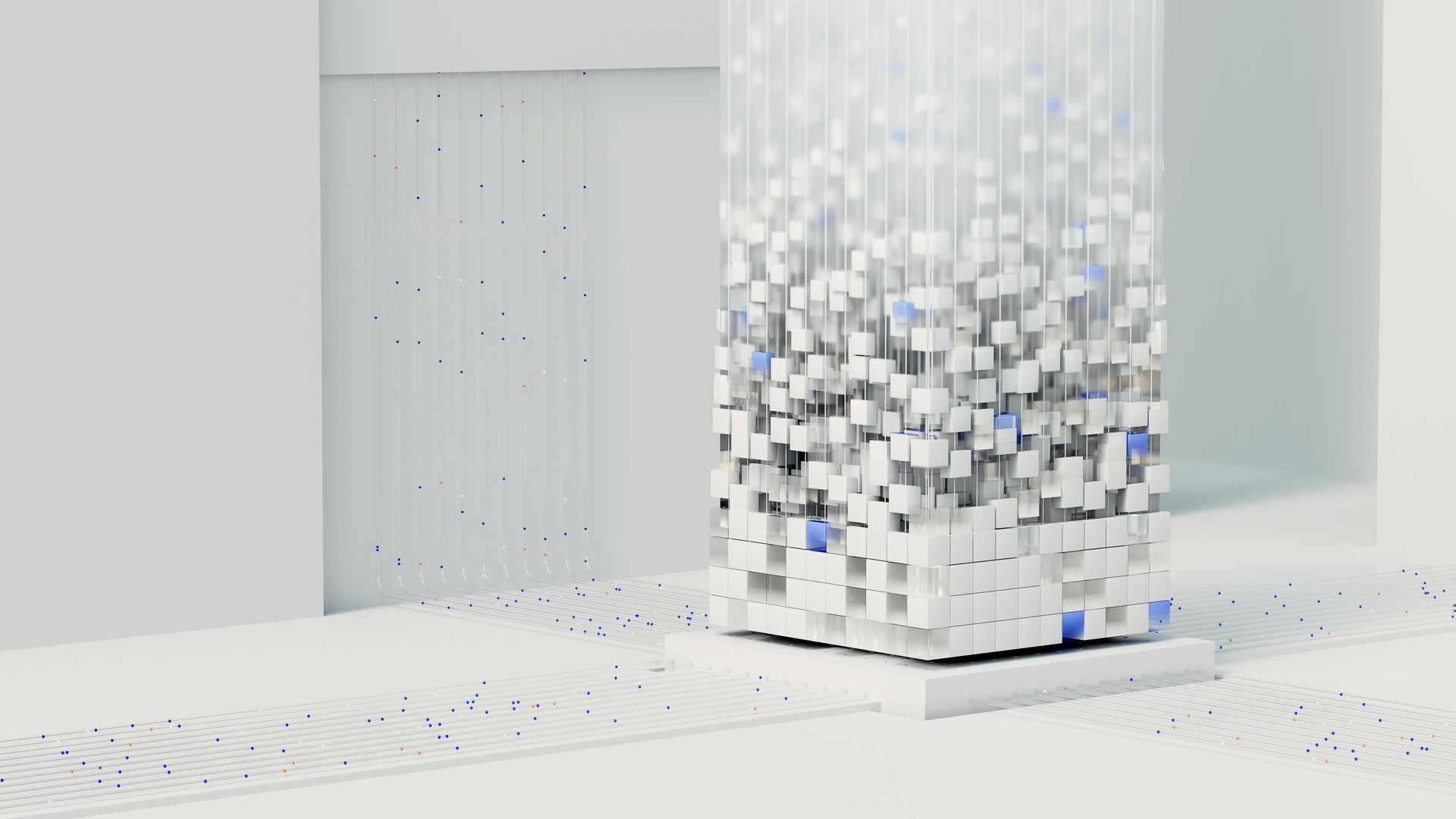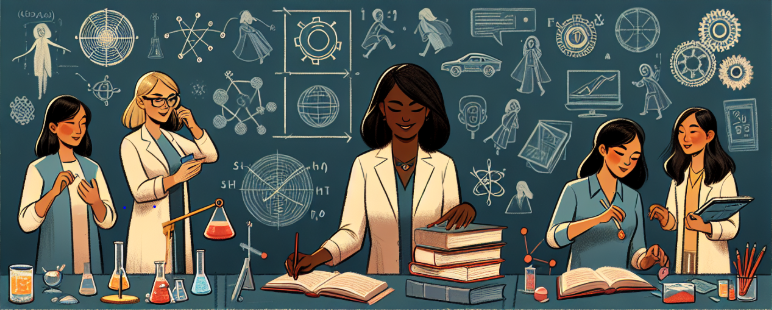Exploring Artificial Intelligence [7]
ELIZA and the Birth of the “ELIZA Effect”
How a 1960s chatbot reflects the way we respond to AI today

In January this year, news surfaced about the revival of ELIZA. For almost six decades, AI enthusiasts thought the original 420-line code for ELIZA’s DOCTOR script was lost. Written in the mid-1960s, ELIZA is known as the world’s first chatbot. On paper, ELIZA was astonishingly simple: just over 400 lines of code that rephrased users’ words back to them. Yet, the psychological effect it had on users was profound, giving rise to what became known as the ELIZA effect.
More than 60 years on, and our predecessors' response to ELIZA is reflected in the way many of us talk to today’s AIs – from ChatGPT and Gemini to Alexa and Claude to name a few.
The “ELIZA Effect” – Why We Fell for It and Still Do
ELIZA was created by computer scientist Joseph Weizenbaum at MIT. Its most famous mode, the “DOCTOR” script, mimicked a Rogerian psychotherapist. If you typed “I feel sad,” ELIZA might reply, “Why do you feel sad?” or “Tell me more about feeling sad.”
That’s it. No memory, no understanding, it’s basic pattern-matching. And yet, like we do with AI today, ELIZA was treated as if it understood them.
But something strange happened: people poured their hearts out. They knew the program wasn’t human, yet like some of us do now, they still treated ELIZA as if it understood them. Weizenbaum was startled to discover that his own secretary, who had watched him write the program, once asked him to leave the room so she could have a private conversation with ELIZA.
This became known as the ELIZA effect – our human tendency to attribute deeper meaning, empathy, or intelligence to machines, even when the reality is much simpler.
You could say it’s just one step further than naming your car.
Why ELIZA Worked So Well
Several psychological dynamics explain why ELIZA resonated so strongly with people. Here are some of the key factors:
• Anthropomorphism – our tendency to see human qualities in non-human entities (like seeing faces in the moon, naming your car, or even giving your ChatGPT agent a nickname like “Tarquin”)
• The Illusion of Understanding – rephrasing words back created the feeling of being understood, empathy and comprehension.
• A Safe Space – ELIZA never judged, interrupted, or criticised, which encouraged openness.
• Projection – users projected their own emotions and expectations onto the program.
• Authority Bias – the “DOCTOR” script framed ELIZA as an expert figure, increasing trust.
• Novelty Effect – in the 1960s, even basic machine conversation felt extraordinary, possibly intensifying its impact.
ELIZA’s Forgotten Conversations: Why No Memory Made It More Human
Chatbot ELIZA’s inability to remember became its greatest psychological feature.
Today AI assistants or agents remember your preferences, track your conversation history, and build profiles of your interests, and you can manually program them with your preferences. ELIZA’s approach was different: everything was forgotten immediately.
Each interaction with ELIZA existed in isolation. Type “My mother was in hospital last week” and ELIZA might respond with “Tell me more about your mother.” But ask about your mother again five minutes later, and ELIZA would treat it as entirely new information. No memory, no context, no accumulated understanding.
This was exactly how the system was designed.
The Blank Slate Effect
Each conversation began fresh. Every response was generated from the immediate input, processed through the same pattern-matching rules. In a strange way making ELIZA more reliably “present” in the now than a human might be.
Users often reported feeling like ELIZA was giving them its complete, undivided attention.
What We Have Lost and Gained
Today’s AI systems can maintain context across conversations, remember your preferences, and build on previous discussions. This enables more sophisticated and personalised interactions, but it also introduces new psychological dynamics.
When an AI remembers your birthday or asks about a project you mentioned last week, it can feel caring, or it can feel performative and calculated. The memory becomes part of the relationship, for better or worse.
ELIZA’s approach was simpler: no memory meant no expectations, no accumulated memory baggage, and no sense that the system was trying to manipulate you through selective remembrance.
Some of the Key Psychological Factors Behind ELIZA’s Impact
Several psychological dynamics explain why ELIZA resonated so strongly with people:
• Anthropomorphism – our tendency to see human qualities in non-human entities.
• The Illusion of Understanding – rephrasing words back created the feeling of empathy and comprehension.
• A Safe Space – ELIZA never judged, interrupted, or criticised, which encouraged openness.
• Projection – users projected their own emotions and expectations onto the program.
• Authority Bias – the “DOCTOR” script framed ELIZA as an expert figure, which increased trust.
• Novelty Effect – in the 1960s, even basic machine conversation felt extraordinary, intensifying its impact.
Did the Name “ELIZA” Make a Difference?
Yes. Weizenbaum named it after Eliza Doolittle, the flower seller in George Bernard Shaw’s Pygmalion, who is taught to “speak like a lady.” Just as Eliza Doolittle learned to mimic aristocratic speech, the program mimicked human conversation.
By giving it a human name, Weizenbaum primed users to interact with the program as a personified entity rather than a cold piece of code and amplified the ELIZA effect.
From ELIZA to ChatGPT: What’s in a Name?
Naming in AI has shifted, while some companies continue to use human-like or companion-style names to help build familiarity and warmth, technical names, on the other hand, emphasise that the system is a tool rather than a person.
Human-like / Companion-style names:
• Claude (Anthropic’s AI model)
• Alexa (Amazon)
• Siri (Apple)
• Cortana (Microsoft)
• Amelia (customer service AI)
• Sophia (the humanoid robot)
Technical or abstract names:
• ChatGPT (OpenAI)
• Gemini (Google)
• Grok (xAI)
• DeepSeek
Why the divide? Today’s AI companies are careful. Human names make a system feel approachable, but they also raise risks – especially if people are using a chatbot as a doctor, therapist, or lawyer. Technical names, on the other hand, should more emphasise the tool.
It’s a subtle way of managing expectations while still keeping a brand identity.
What’s New with ELIZA Today?
Thanks to a team of “software archaeologists,” in late 2024 the original ELIZA has been fully restored and resurrected from Joseph Weizenbaum’s archived 60-year-old code and brought back to life on an IBM 7094 emulator. ELIZA is available for you to try yourself.
• About 96% of the code remains authentic to the 1960s version.
• A hidden “teaching mode” was discovered, allowing users to define new rules interactively.
• ELIZA still has its quirks (crashing when numbers are entered) faithfully preserved.
• Best of all, the restored ELIZA is now open source, meaning anyone can run it themselves and experience what the world’s first chatbot felt like.
Why ELIZA’s Shadow Still Exists
Even though today’s AI models are vastly more sophisticated than ELIZA, the psychological patterns remain the same. People still confess things to chatbots they wouldn’t share with friends or family. We still name our agents, project empathy, understanding, even consciousness onto programs that are, at the core, lines of code.
The ELIZA effect taught us that humans are the biggest part of the story of AI.
ELIZA shows that even the simplest program could spark deep emotional reactions. As AI becomes more advanced, recognising the pull of the ELIZA effect is essential to remember, this isn’t to downplay the capabilities of AI, but a reminder that much of the “magic” comes from the human mind not the machine.




